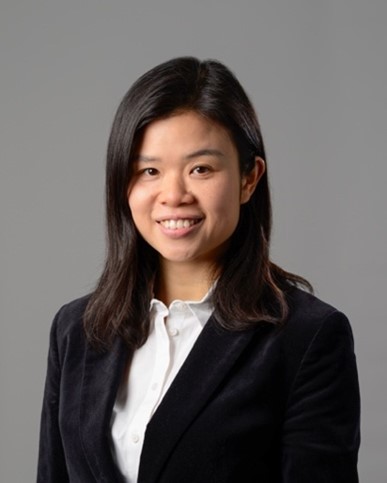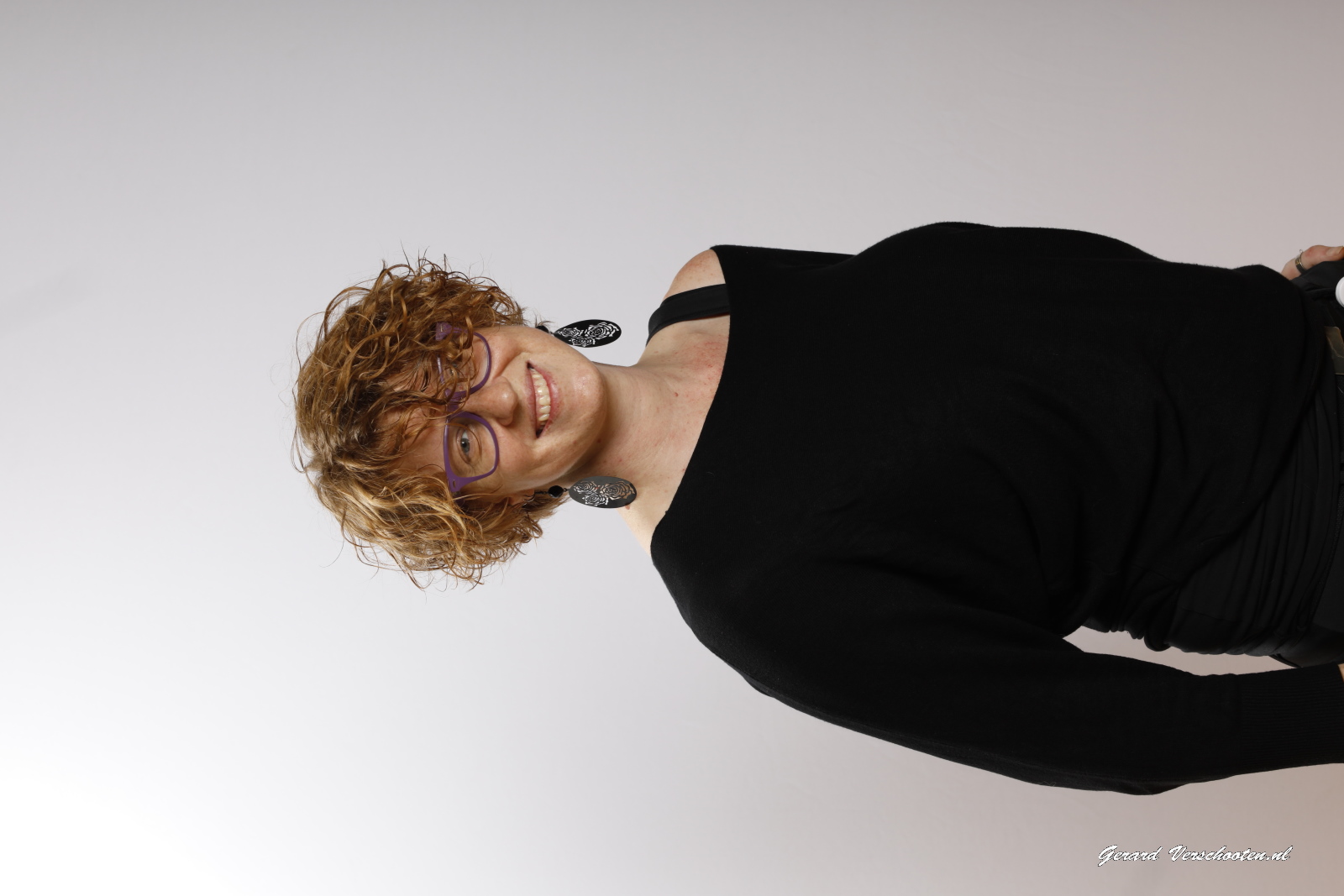Behavioural insights into the nature of spatial memory
Behavioural insights into the nature of spatial memory
Theme: Cognition and behaviour
Tuesday 25th April, 15:30 – 17:10
Session convened by European Brain and Behaviour Society.
Behaviour is a key link between cognitive processes and neural mechanisms. Recent advances allow us to study behaviour in unprecedented detail, and to gain new insights into the mechanisms underpinning cognition. This symposium presents key recent studies in the area of spatial memory, identifying new types of neuronal representation of spatial memory, the way place cells underpin navigation, changes in behaviour during spatial learning, and how different types of knowledge inform us about the nature of the representations in spatial memory.
Alexander Easton, Durham University, UK: non-speaking co-chair

Biography: Dr. Dorothy Tse is a senior lecturer in the Department of Psychology, Edge Hill University, UK. She is an honorary fellow at the Edinburgh Neuroscience, University of Edinburgh, UK. She received her MSc and PhD in Neuroscience from University of Edinburgh, UK.
As a neuroscientist, her scientific interest is in understanding the neurobiology of learning and memory and in particular, how different factors affect our everyday memory. She has published in numerous academic journals including on memory.
She was elected as a Young Scientist Lead of the European Brain and Behaviour Society executive committee. She is also the lead of the Liverpool Neuroscience Early Career Researcher group.
Recent grants awards 2022:
- Awarded Alzheimer’s Research UK Inspire Fund on “Our brain and how to keep it healthy” as a collaborator with University of Bournemouth.
- Awarded Edge Hill University Institute for Social Responsibility Award on “Healthy Ageing, dementia and memory”. Co-creation project with University of Third Age (UK).
- Awarded prestigious research funding from Edge Hill University on “An early preclinical Alzheimer’s disease detection system: Using a schema memory paradigm in middle aged and elderly people”.
Steven Poulter, Durham University, UK: Remembering where things are: Vector Trace cells, Theta Oscillations and Virtual Reality
Eleonore Duvelle, Dartmouth University, USA: Hippocampal place cell firing during flexible spatial navigation
 Lisa Genzel, Radboud University, Netherlands: The HexMaze: testing previous knowledge effects in map learning
Lisa Genzel, Radboud University, Netherlands: The HexMaze: testing previous knowledge effects in map learning
Biography: Lisa Genzel studied Medicine at the Ludwig Maximilian University in Munich, Germany. In parallel she performed her MD thesis on sleep related memory consolidation at the Max Planck Institute of Psychiatry. She then first did a short post-doc at the Max Planck Institute before moving to Edinburgh and working in the lab of Richard Morris. She became a Branco Weiss Fellow in 2014 and moved to the Donders Institute at Radboud University in 2017, where she took up an Assistant Professor position and started her own lab. She received the prestigious Dutch VIDI starting grant in 2018 and was promoted to Associate Professor in 2021.
Jan Wiener, Bournemouth University, UK: Route sequence knowledge aids the formation of cognitive graphs
